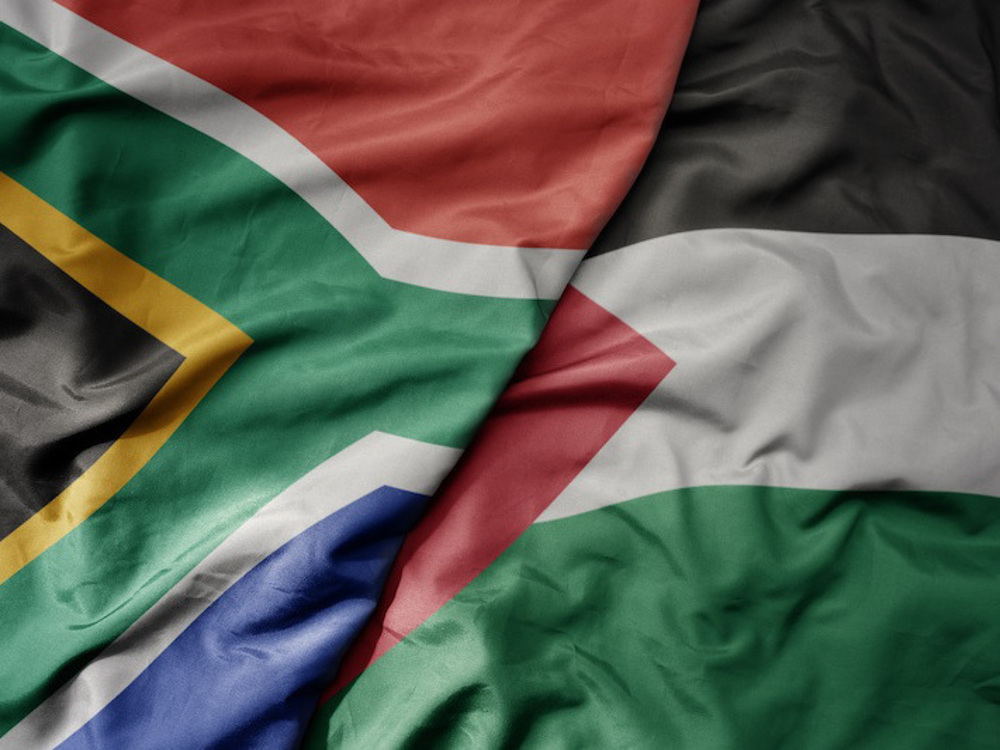UN bans Gambian army chief from visiting Sudan
The United Nations has banned the Gambia's army chief, General Ousman Badjie, from visiting Gambian troops serving as peacekeepers in Sudan's Darfur region.
"The UN has decided to cancel General Badjie's visit to Gambian peacekeepers in Sudan," a diplomatic source told media on Friday.
There are 213 Gambian military personnel deployed in Darfur as peacekeepers under the UN command.
Analysts say by canceling the visit the UN is mounting pressure on the Gambian general not to take sides with President Yahya Jammeh, who initially conceded defeat in the recent presidential election, but has now challenged the results of the vote held on December 1, citing "abnormalities."
In an apparent show of loyalty to the incumbent president, the Gambian military on December 13 occupied the election commission's headquarters.
Jammeh has rejected the vote and called for "fresh and transparent elections which will be officiated by a God-fearing and independent electoral commission."
General Badjie, who had initially shown support to President-elect Adama Barrow, later changed sides after Jammeh’s backtrack on concession.
He arrived at a high-level meeting with West African leaders in Banjul this week wearing a badge bearing Jammeh’s face, indicating his change in loyalty.
The diplomatic source said there were serious concerns about General Badjie’s visit to Sudan given the critical situation in Banjul.
The streets of the Gambia’s capital were reported by media to be calm on Friday night although soldiers were seen placing sandbags in strategic locations across the city.
Mounting international pressure
International pressure from community leaders all around the world is mounting on the Gambia to accept Barrow, who is scheduled to be inaugurated in January.
Barrow, who won more than 43 percent of the vote, has accused the incumbent of damaging the country’s democracy by refusing to accept the results.
Jammeh, who took power in a coup in 1994, has gained a reputation in the past 22 years as a ruthless leader.

Jammeh, who human rights groups say is used to crushing dissent by imprisoning and torturing opponents, had said before the election that he would lead the country for "a billion years."
After seizing power in the 1994 coup, Jammeh swept elections in 1996, 2001, 2006 and 2011 after a 2002 constitutional amendment removed presidential term limits.
Critics say Jammeh's refusal to step down may amount to another coup.
VIDEO | Palestinian childhood under threat
Yemeni forces strike Israeli military site with hypersonic missile
Yemeni missiles alter US, Israel’s calculations: Iranian FM
Israel provides full support for theft of aid to starve Gazans: Report
'Israel booby-trapped walkie-talkies, pagers years before Lebanon blasts'
Gaza Health Ministry calls for urgent intl. help to protect hospitals amid Israeli genocide
Stakes involved in Iran’s partnership with Eurasian Union
VIDEO | Press TV's news headlines















 This makes it easy to access the Press TV website
This makes it easy to access the Press TV website